It may have began life as a cinema for the wealthy denizens of Prague 1 in 1927, but the Roxy club would eventually become a symbol of social progress and artistic freedom and, later, a reflection of the new urban face of the Czech capital.
Located in a predominantly Jewish neighborhood, Dlouhá 33 stood vacant through WWII. During the drab years of the ČSSR it housed a state-run film school.
PARTNER ARTICLE
The Velvet Revolution sparked a series of public protest performances that pushed Old Town Hall to revive local culture and restore a number of Prague’s neglected venues, among them Abaton, Rock Café, and Roxy.
With the support of the Linhart’s Foundation, the Roxy Club opened in 1992. It was originally an underground venue, complete with foosball tables and shaggy rock acts. Experimental space and café NoD debuted in 2000.
The 2002 floods ripped the club’s doors off the hinges, submerged its grand staircases, and brought about a three-month shutdown. A more recent renovation (2010) gave the club’s legendary Art Deco interior a modern upgrade and a continually evolving vibe now 23 years in the making.
In celebration of that milestone, the Roxy will kick off its BE23 series of anniversary DJs sets and performances today (Oct 19-24). Many are free entry. See the full program here.
Scroll down for more retro Roxy photos!
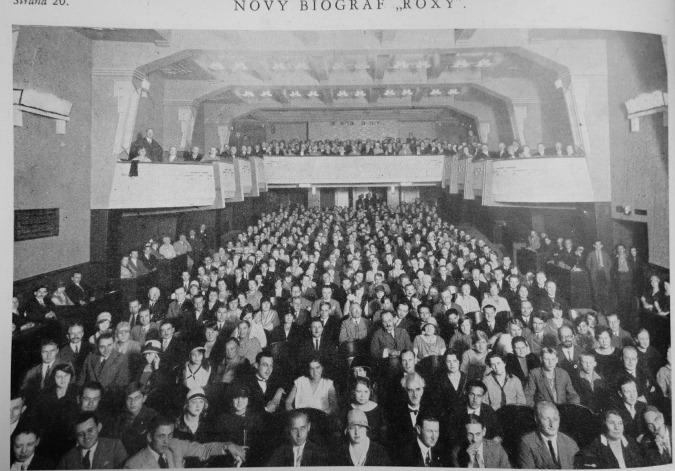
Roxy cinema, 1928
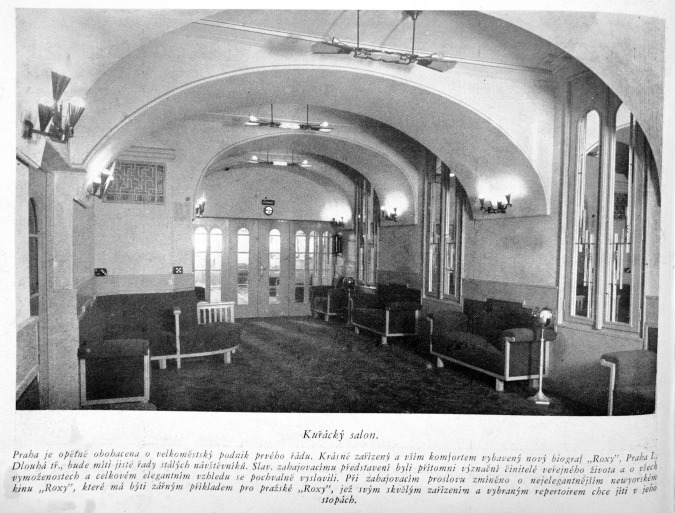
Smoking salon, 1928
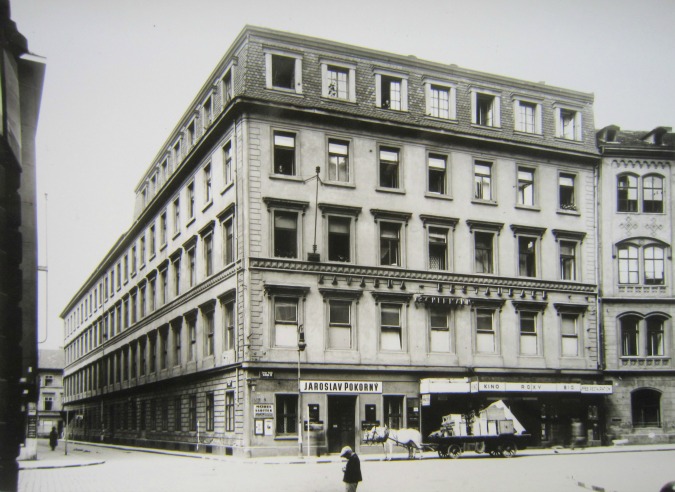
Building facade, 1924

Universal space Roxy opens, 1992
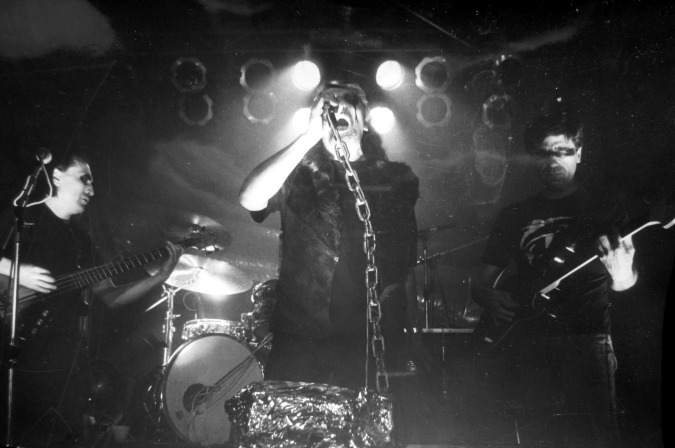
Plastic People of the Universe, 1992
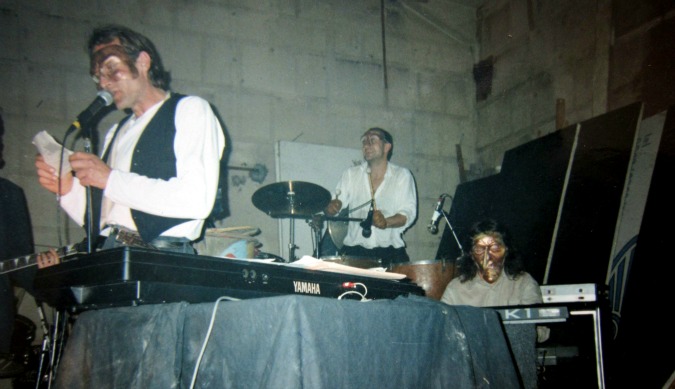
Czech band DG 307, 1992
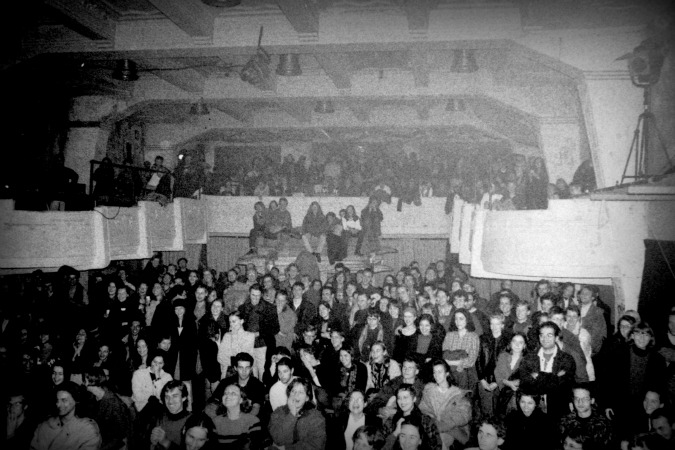
Crowd scene, 1992
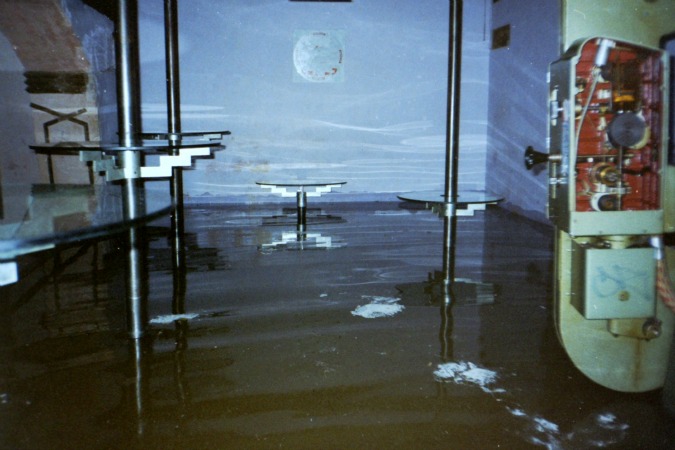
Roxy underwater, 2002
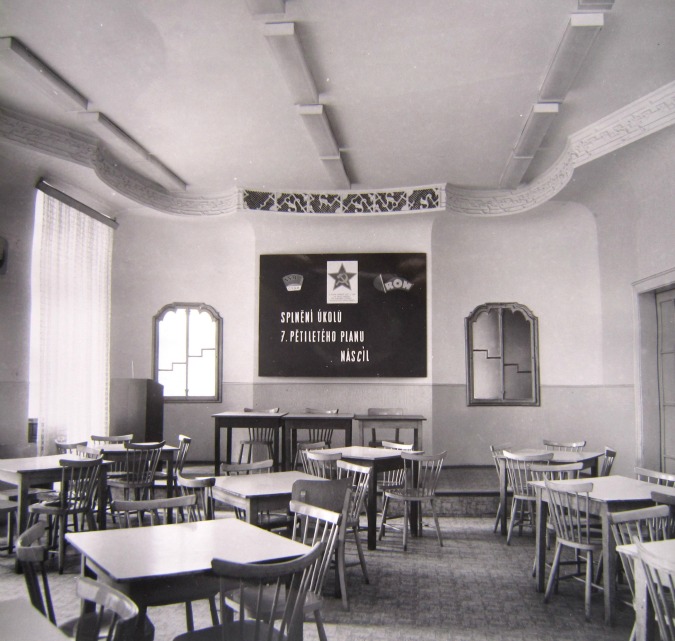
Vegetarian restaurant (now NoD), 1981
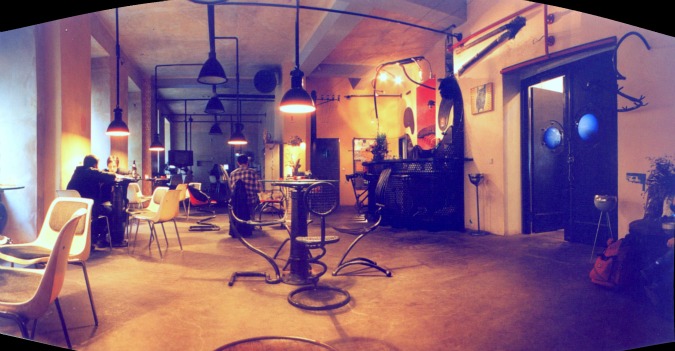
NoD café opens, 2000
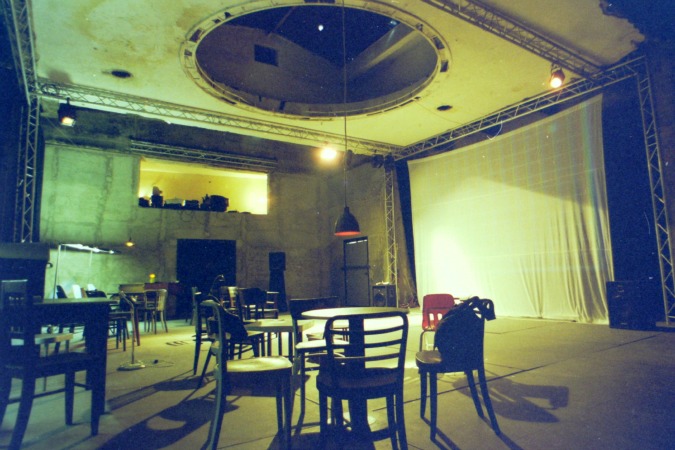
Experimental space/theater opens, 2002
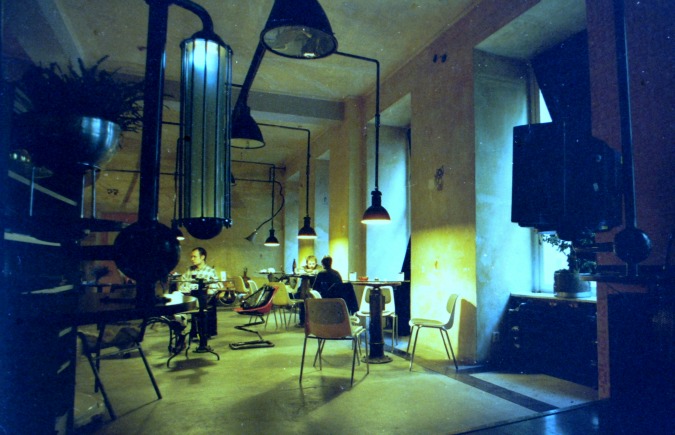
Theater salon, 2002
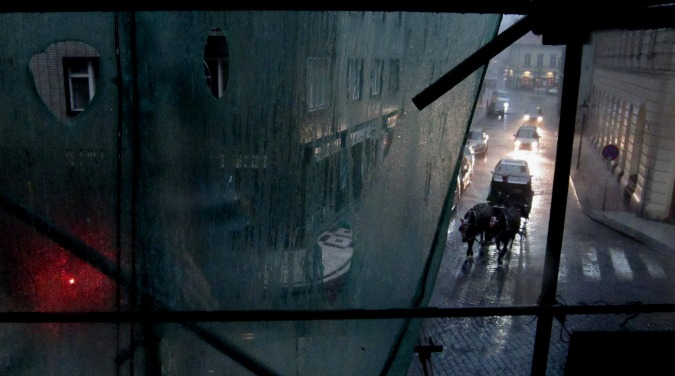
View from NoD, present day
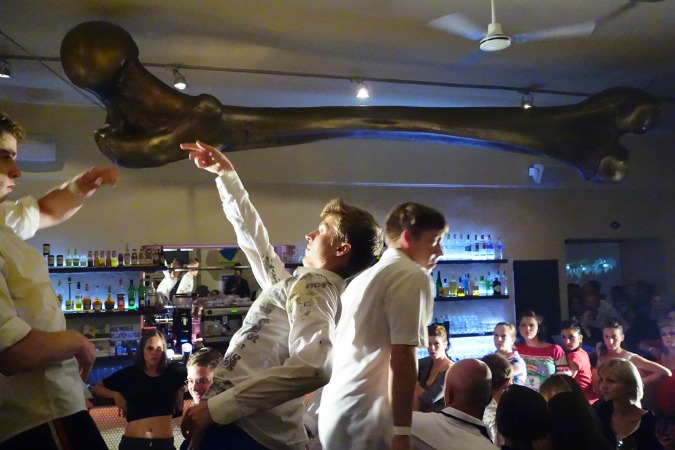
NoD, present day
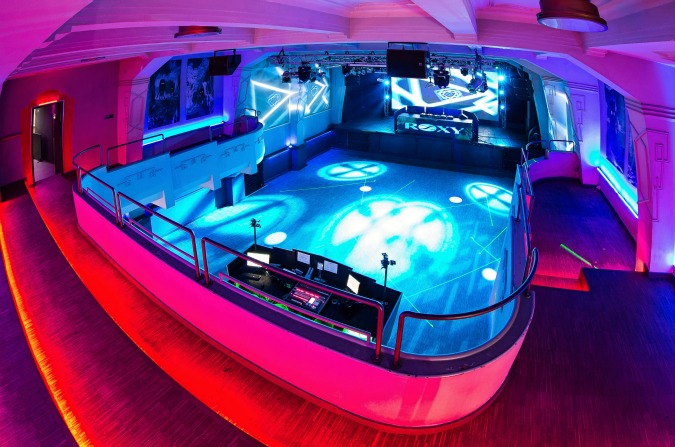
Roxy Club today
Special thanks to Daniel Bacho, Roxy PR, for photo archive and historical insights.












 Reading time: 1 minute
Reading time: 1 minute 

























